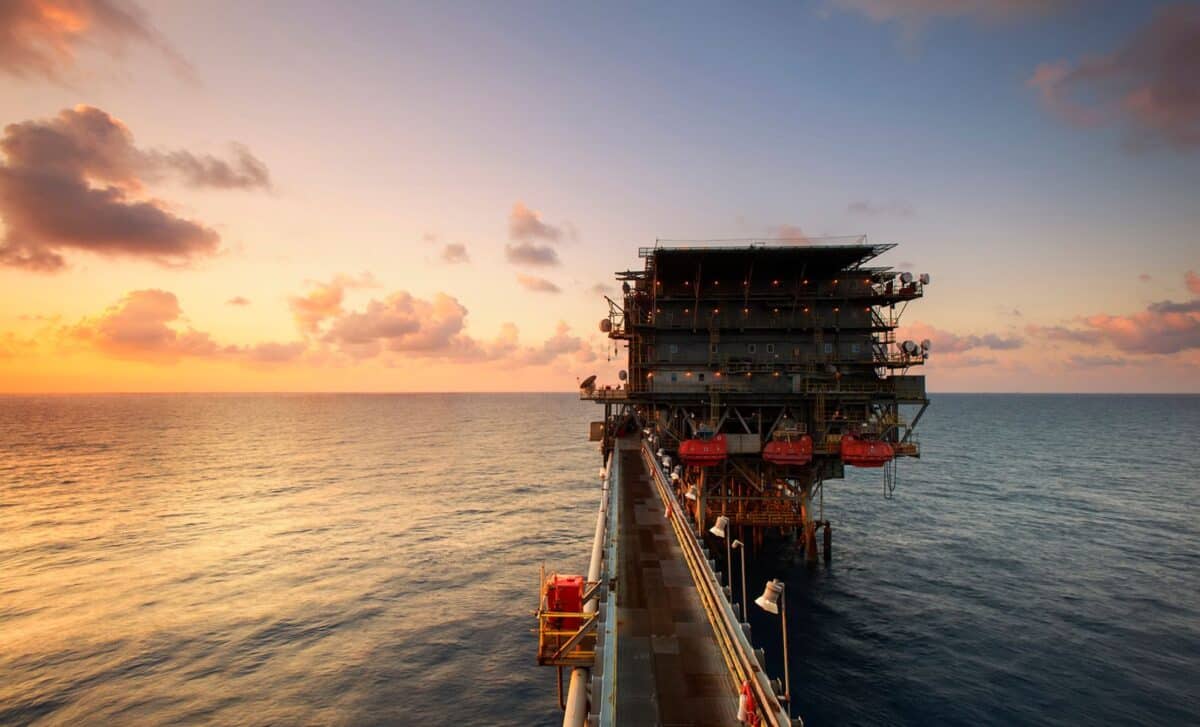At the heart of the dispute is the country’s looming gas shortage, particularly in the populous south-eastern states, where officials have cautioned that supplies could dwindle within three years.
While the Labor government acknowledges the need for gas in the energy transition, it has condemned the opposition’s strategy, branding it a reckless attempt to bypass environmental regulations.
The Coalition’s proposal to fast-track approvals and extend major gas projects has drawn strong criticism from environmental groups and policymakers, who warn it could undermine national protections and lead to long-term climate risks, according to The Age.
Coalition Proposes Fast-Tracking Gas Projects
Opposition leader Peter Dutton has placed gas expansion at the centre of his economic agenda, promising to reduce approval delays and unlock new drilling sites if elected.
The plan includes an accelerated process for companies seeking to develop fresh projects, alongside measures to extend existing infrastructure, such as the North West Shelf in Western Australia.
Shadow Resources Minister Susan McDonald has also outlined a policy that would give companies faster approvals in exchange for a commitment to allocate a portion of production for domestic use.
Supporters argue that such moves are crucial to prevent gas shortages, stabilise energy prices, and secure jobs in the fossil fuel sector.
However, critics question the feasibility of these promises. Tony Wood, energy program director at the Grattan Institute, has expressed doubts about whether the Coalition can significantly boost domestic gas supplies in Victoria, given the limited reserves left in the state.
Labor Slams ‘Reckless’ Gas Expansion Plans
The Labor government has fiercely opposed the Coalition’s stance, warning that bypassing environmental approval processes could have serious consequences.
Federal Resources Minister Madeleine King has accused the opposition of “cowboy” tactics, arguing that its approach undermines due process and risks damage to Australia’s environmental reputation.
King also dismissed the proposal to reserve gas for domestic markets as ineffective, pointing out that Victoria already has such requirements.
“That’s the thing about slogans and populism – it gets no one a single petajoule more,” she said.
Labor’s future gas strategy, launched last year, supports gradual gas expansion while ensuring compliance with climate targets. The government maintains that gas will remain critical in Australia’s transition to net zero emissions, given its lower emissions profile compared to coal.
Environmental and Legal Concerns Grow
Environmental groups have raised alarms over the Coalition’s proposal, warning that “fast-tracking” projects often means cutting corners on environmental protections.
Gavan McFadzean from the Australian Conservation Foundation has cautioned that weakening regulations could lead to higher emissions, industrial risks, and harm to local ecosystems.
One of the most contentious aspects of the North West Shelf extension is its potential impact on Indigenous heritage sites. The federal environmental assessment has been delayed due to concerns over emissions affecting 50,000-year-old rock art in Western Australia.
The Coalition’s plan to defund the Environmental Defenders Office (EDO), a legal organisation known for challenging fossil fuel approvals, has also sparked debate.
Critics argue that weakening environmental legal protections could favour gas companies at the expense of public interest.









